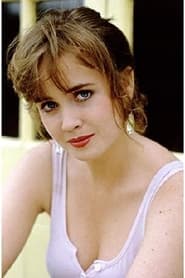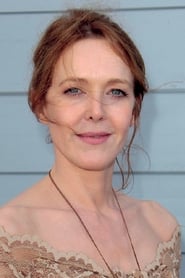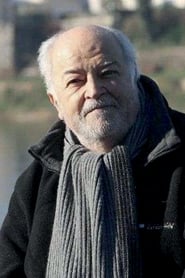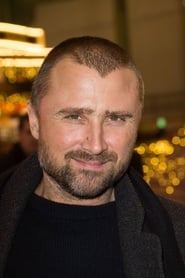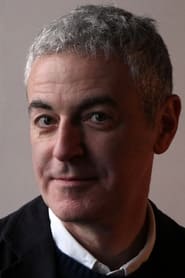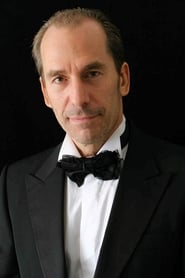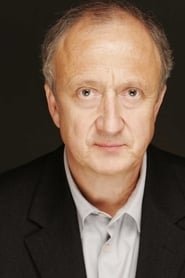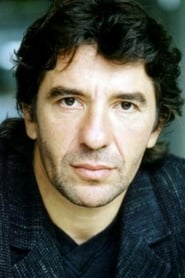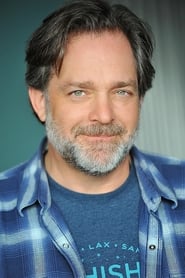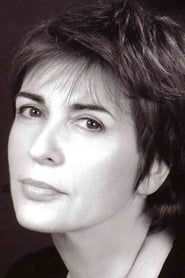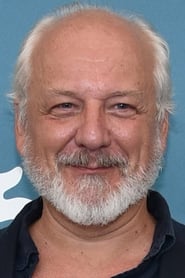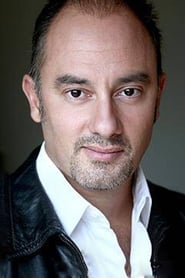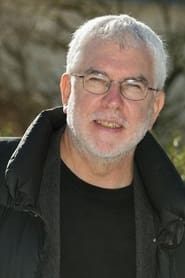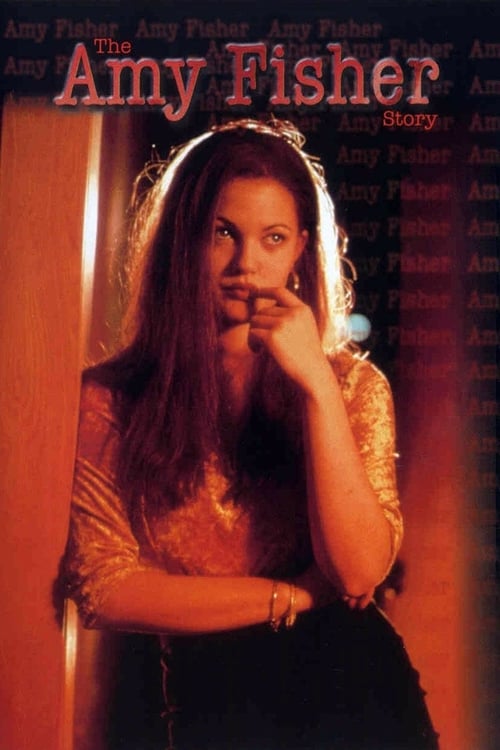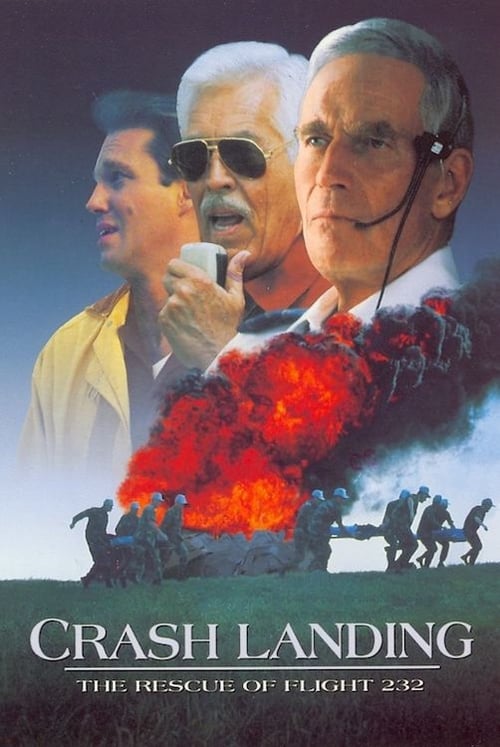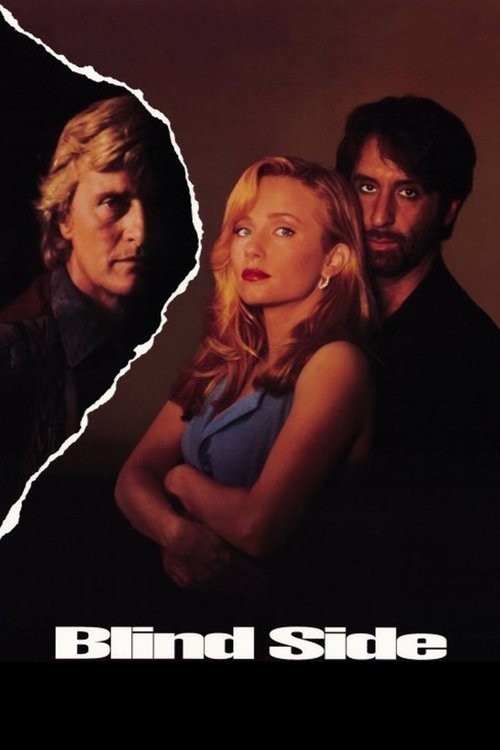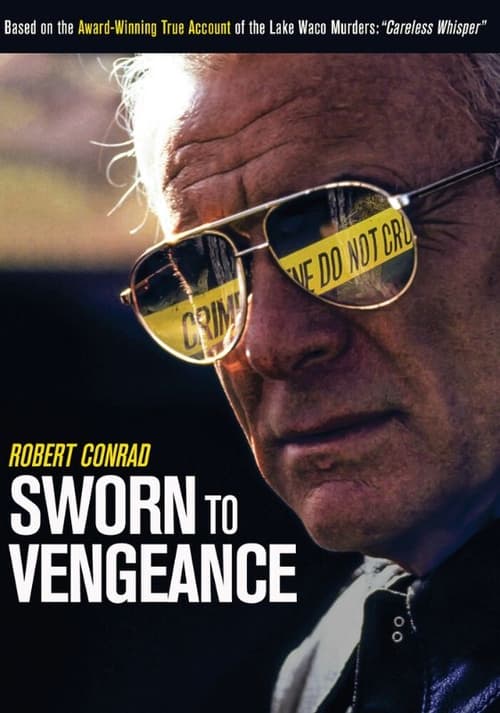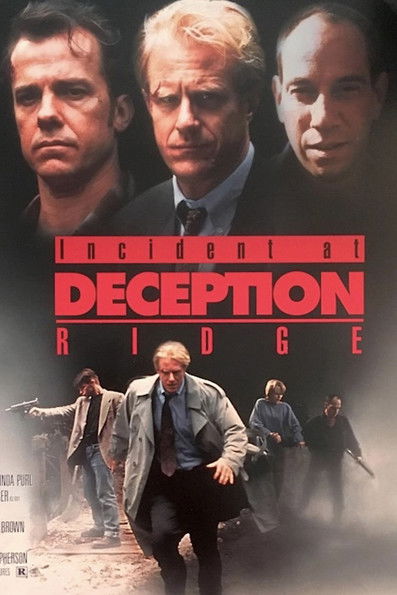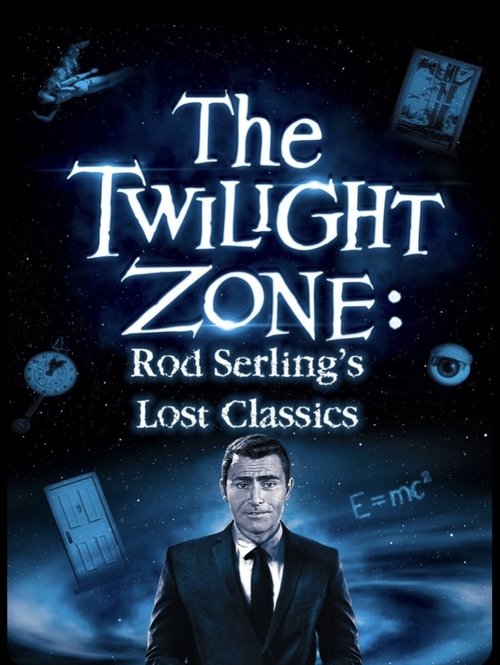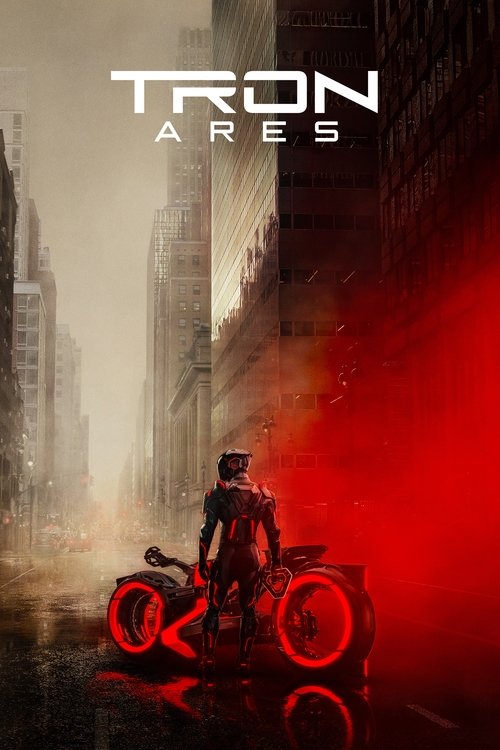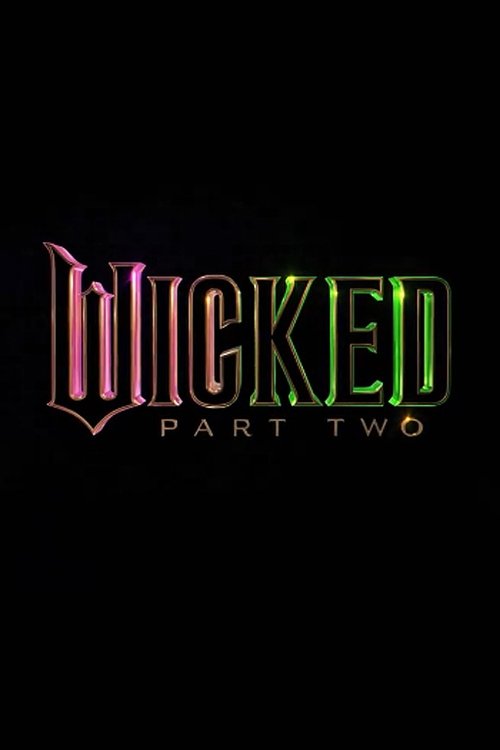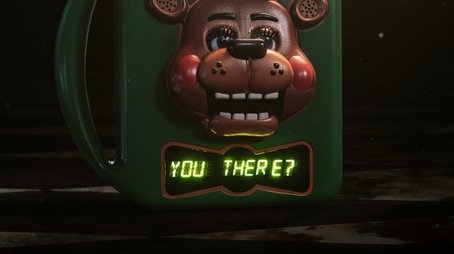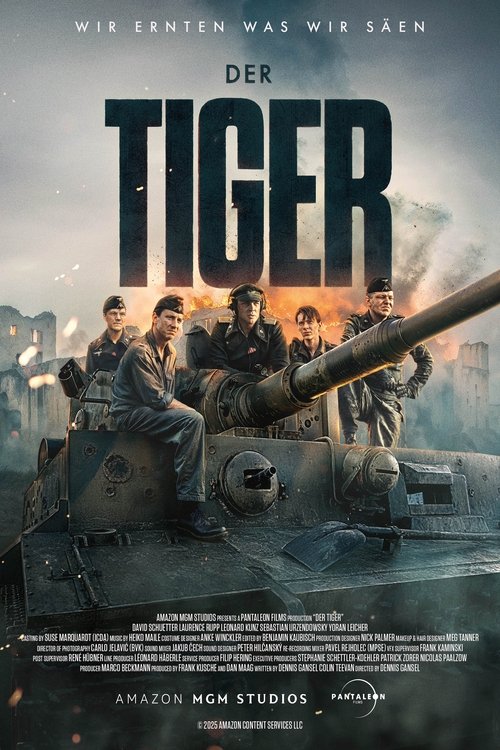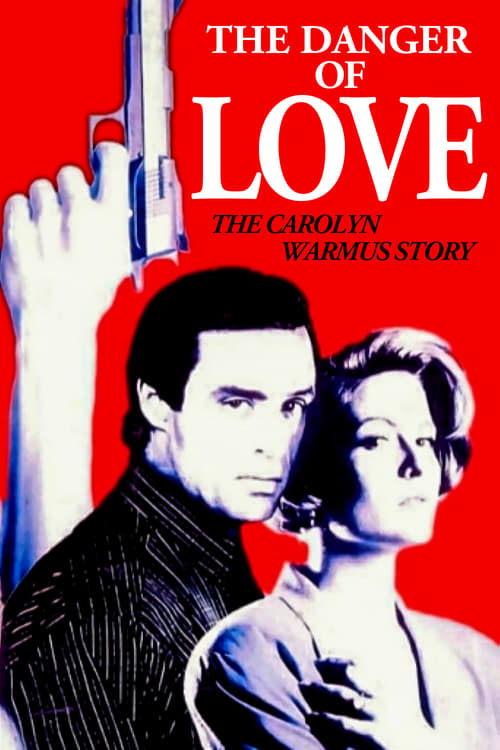
Ask Your Own Question
What is the plot?
The Parisian air is thick with the scent of fresh bread and blooming chestnut trees as Nick Matthews steps out of the taxi, his polished shoes clicking against the cobblestones. Beside him, Jennifer Matthews clutches her leather briefcase, her eyes scanning the ornate facade of the Hotel de la Paix. It is early afternoon, the sun casting long shadows across the Place Vendôme, and the couple has just arrived from New York to finalize a merger between their American perfume company and Charles Dubois's French firm. The deal is crucial, the future of their business resting on the next few days. Charles, a suave and impeccably dressed Frenchman, greets them at the entrance with a warm handshake and a smile that doesn't quite reach his eyes.
Inside the hotel lobby, Nick pauses to adjust his tie, his gaze sweeping the marble floors and gilded mirrors. A small, black leather wallet lies abandoned near the concierge desk. He picks it up, flipping it open to find a driver's license and a photograph of a striking woman--long dark hair, high cheekbones, a look of quiet mystery. The name reads "Claire Moreau." Nick hands the wallet to the concierge, instructing him to hold it for the owner.
That evening, the Matthews attend a dinner at Charles's elegant apartment overlooking the Seine. The conversation is polite, the wine flows freely, but Nick can't shake the image of Claire Moreau. The next day, as he walks through the hotel lobby, a woman approaches him--Claire herself, radiant in a tailored black dress. "You found my wallet," she says, her voice low and melodic. "Thank you. I was so worried." She invites him to dinner, promising to show him the real Paris, the city beyond the tourist façade. Nick hesitates, glancing at Jennifer, who is deep in conversation with Charles about the merger details. "Just for a drink," Claire insists, her smile widening. "It's the least I can do."
Nick agrees, and the two spend the evening wandering through Montmartre, laughing over glasses of wine in dimly lit bistros, dancing in a smoky jazz club, and sharing stories beneath the glow of the Sacré-Cœur. Claire is charming, enigmatic, and undeniably alluring. As the night deepens, she leads him to her apartment, a small, bohemian loft in the Marais. The air is heavy with the scent of jasmine and old books. They talk, drink more wine, and eventually, Claire leans in, her lips brushing his. The moment is electric, intoxicating. "Stay," she whispers. Nick hesitates, but the pull is too strong. He stays.
The next morning, Nick wakes alone. Claire is gone, the apartment silent except for the ticking of a clock. He dresses quickly, guilt gnawing at him as he thinks of Jennifer. He returns to the hotel, slipping into their suite just as Jennifer is packing for a meeting with Charles. She doesn't suspect anything, but Nick feels the weight of his secret pressing down on him.
Later that day, the Matthews meet Charles at the perfume company's offices, a sleek glass building in the heart of Paris. The negotiations are tense, the atmosphere charged with unspoken tension. Charles is distracted, his eyes darting to the door every few minutes. Jennifer senses something is off but can't place it. Nick tries to focus, but his mind keeps drifting back to Claire, to the night before.
That evening, the Matthews are at a gala dinner hosted by Charles. The room is filled with Parisian elite, the air thick with perfume and whispered gossip. Nick scans the crowd, searching for Claire, but she is nowhere to be seen. Suddenly, a commotion erupts at the entrance. Police officers burst in, their faces grim. They approach Nick, flashing their badges. "Nick Matthews? You're under arrest for the rape and murder of Claire Moreau."
The room falls silent. Jennifer gasps, her hand flying to her mouth. Charles watches from the corner, his expression unreadable. Nick is dragged away, protesting his innocence, but the evidence is damning--his fingerprints are on Claire's apartment door, his DNA is found at the scene, and witnesses claim to have seen him with her the night before. The police take him to the station, where he is interrogated for hours. The lead detective, Inspector Laurent, is relentless. "You were the last person seen with her," he says, his voice cold. "You have no alibi. Why should we believe you?"
Nick insists he left Claire's apartment in the morning and returned to the hotel. He has no proof, no witnesses. The police show him photos of Claire's body--she was found strangled, her apartment ransacked. Nick is horrified, the guilt and fear twisting inside him. He is charged and remanded into custody.
Jennifer visits him in jail, her eyes red from crying. "I believe you," she says, gripping his hand. "But the evidence… it's overwhelming." Nick pleads with her to find out what happened, to uncover the truth. "Someone set me up," he says. "I didn't do this."
Jennifer leaves the jail, determined to clear Nick's name. She begins her own investigation, retracing his steps, talking to people who knew Claire. She discovers that Claire was not just a model but a woman with a complicated past--rumors of affairs, debts, and a connection to the Parisian underworld. Jennifer also learns that Claire had been seen arguing with Charles the day before her death. The pieces don't fit, but she has no proof.
Meanwhile, Nick is released on bail, but he is under constant police surveillance. He knows he must find the real killer to clear his name. He begins to investigate on his own, retracing his steps through Paris, searching for clues. He visits Claire's apartment, now cordoned off by police tape. Inside, he finds a hidden compartment in her desk, containing a stack of photographs--images of Charles, Claire, and a third man, a shadowy figure whose face is obscured. Nick recognizes Charles, but the other man is a mystery.
Nick also finds a diary, filled with Claire's handwriting. The entries speak of fear, of being followed, of a deal gone wrong. One entry stands out: "Charles promised me money, but he lied. He said he would protect me, but he's the one who's dangerous." Nick's heart races. Could Charles be involved?
He confronts Charles at the perfume company, demanding answers. Charles denies everything, his voice calm but his eyes betraying a flicker of fear. "I had nothing to do with Claire's death," he says. "You're grasping at straws." Nick isn't convinced. He begins to suspect that Charles is hiding something, that the merger is a cover for something darker.
As Nick digs deeper, he is approached by a street-smart young French girl named Sophie, who claims to have seen Claire the night she died. Sophie is wary, her eyes darting around as if she's being watched. "I saw her arguing with a man," she says. "He was angry, threatening her. I didn't get a good look at his face, but he was tall, with a scar on his cheek." Nick's mind races. Could this be the man in the photographs?
Sophie agrees to help Nick, leading him through the backstreets of Paris, to hidden corners where the police never go. They visit Claire's favorite haunts, talk to her friends, and piece together her final days. Nick learns that Claire was involved in a blackmail scheme, using her connections to extract money from powerful men. One of her targets was Charles, who had been embezzling funds from the perfume company. Claire threatened to expose him unless he paid her off.
Nick realizes that Charles had a motive to silence Claire. But there's more--the man with the scar, the one in the photographs, is a known enforcer for the Parisian underworld. His name is Victor, and he's been hired to clean up messes for people like Charles. Nick and Sophie track Victor to a seedy bar in the outskirts of Paris. The air is thick with smoke and the smell of stale beer. Victor is sitting in a corner, his scarred face illuminated by the dim light. Nick confronts him, demanding to know what he knows about Claire's murder.
Victor laughs, a low, menacing sound. "You're in over your head, American," he says. "Claire was a problem. Charles paid me to make her disappear." Nick's blood runs cold. "You killed her?" he asks. Victor shakes his head. "I was supposed to scare her, make her leave Paris. But someone else got to her first. I found her body, but I didn't touch her. I just made sure the evidence pointed to you."
Nick is stunned. If Victor didn't kill Claire, who did? He presses Victor for more information, but the enforcer refuses to talk. Nick and Sophie leave the bar, their minds racing. They realize that the real killer is still out there, and they're running out of time.
Back at the hotel, Nick and Jennifer meet to share their findings. They piece together the puzzle--Charles hired Victor to silence Claire, but someone else killed her and framed Nick. The only person who could have done this is someone close to Claire, someone who knew her secrets. Nick remembers the argument he overheard between Claire and Charles, the fear in her voice. He realizes that Claire must have confided in someone, someone who betrayed her.
Nick and Jennifer decide to confront Charles one last time. They go to his apartment, demanding the truth. Charles is nervous, his hands trembling as he pours himself a drink. "I didn't kill her," he says. "I just wanted her to leave me alone. Victor was supposed to scare her, not kill her." Nick presses him, asking who else knew about Claire's blackmail scheme. Charles hesitates, then reveals that Claire had a sister, Isabelle, who lived in Paris. Isabelle was jealous of Claire's success, resentful of her lifestyle. Charles suggests that Isabelle might have killed Claire out of jealousy.
Nick and Jennifer track Isabelle to a small apartment in the Latin Quarter. Isabelle is cold, her eyes filled with bitterness. She admits that she hated Claire, that she resented her for always getting what she wanted. But she denies killing her. "I didn't do it," she says. "I loved my sister, despite everything." Nick isn't convinced. He searches the apartment, looking for clues. In a drawer, he finds a photograph of Claire and Isabelle as children, their arms around each other, smiling. Nick's heart aches. Could Isabelle really have killed her own sister?
As Nick and Jennifer leave Isabelle's apartment, they are followed by a shadowy figure. They duck into an alley, their hearts pounding. The figure emerges from the darkness--Victor, his scarred face twisted in a sneer. "You're getting too close," he says. "Charles wants you out of the way." Nick and Jennifer try to run, but Victor blocks their path. A tense confrontation ensues, Victor threatening to kill them if they don't stop digging. Nick manages to disarm Victor, knocking him to the ground. Victor escapes, but Nick knows he's not safe.
Back at the hotel, Nick and Jennifer realize they're running out of options. They decide to go to the police, to tell Inspector Laurent everything they've uncovered. But as they prepare to leave, they receive a phone call--a voice, distorted and menacing, warns them to stop investigating or they'll end up like Claire. Nick and Jennifer are terrified, but they know they can't give up.
They return to Claire's apartment, searching for any clue they might have missed. In a hidden compartment behind a loose floorboard, Nick finds a USB drive. He plugs it into his laptop, his hands trembling. The drive contains video footage--security camera recordings from Claire's apartment building. The footage shows Claire arguing with a man, his face obscured by shadows. The man grabs Claire, struggles with her, and then--Nick watches in horror as the man strangles Claire, her body going limp. The man then plants evidence--Nick's fingerprints, his DNA--to frame him.
Nick's heart races as he realizes the truth--the man in the video is Charles. Charles killed Claire to silence her, to protect his embezzlement scheme. He used Victor to scare her, but when that failed, he took matters into his own hands. Nick and Jennifer confront Charles at the perfume company, armed with the video evidence. Charles tries to deny it, but the footage is undeniable. He breaks down, confessing to the murder. "I didn't mean to kill her," he says, tears streaming down his face. "I just wanted her to stop blackmailing me."
The police arrive, arresting Charles and Victor. Nick is cleared of all charges, his name restored. Jennifer embraces him, relief washing over her. The ordeal is over, but the scars remain.
In the final scene, Nick and Jennifer stand on the banks of the Seine, the Eiffel Tower glowing in the distance. They watch the river flow, the city alive with light and sound. "We made it," Jennifer says, her voice soft. Nick nods, his eyes filled with gratitude. "We did." They walk hand in hand, the weight of the past lifting from their shoulders. The future is uncertain, but for now, they are together, safe in the heart of Paris.
More Movies Like This
Browse All Movies →
What is the ending?
In the ending of "Target of Suspicion," the protagonist, a journalist named Jack, uncovers the truth behind a conspiracy involving a powerful businessman. After a tense confrontation, Jack manages to expose the corruption, leading to the arrest of the antagonist. The film concludes with Jack reflecting on the cost of truth and the impact of his investigation on his personal life.
As the film approaches its climax, the tension escalates. Jack, the determined journalist, finds himself in a dimly lit office, surrounded by stacks of documents and photographs that he has painstakingly gathered over the course of his investigation. The air is thick with anticipation as he pieces together the final elements of the conspiracy that has ensnared him and others in a web of deceit. His heart races, not just from the adrenaline of the chase, but from the weight of the truth he is about to unveil.
In a pivotal scene, Jack confronts the powerful businessman, Mr. Hargrove, in a lavish conference room. The contrast between Jack's scruffy appearance and Hargrove's polished demeanor is stark. Hargrove, exuding confidence, attempts to intimidate Jack, dismissing his findings as mere speculation. Jack, however, stands firm, fueled by a mix of fear and determination. He lays out the evidence he has gathered, detailing the illegal activities that Hargrove has orchestrated. The tension in the room is palpable, with Jack's voice steady despite the stakes.
As the confrontation escalates, Hargrove's facade begins to crack. He realizes that Jack is not backing down, and in a moment of desperation, he threatens Jack, warning him of the consequences of his actions. Jack, feeling the weight of the threat, steels himself, knowing that he must push forward for the sake of justice. The scene is charged with emotion, as Jack grapples with the potential fallout of his pursuit of the truth.
In the following scene, Jack races against time to publish his findings before Hargrove can silence him. He works late into the night, the glow of his computer screen illuminating his determined face. The stakes are high, and Jack's internal conflict is evident; he knows that exposing Hargrove could put him in danger, yet he feels a moral obligation to reveal the truth. The clock ticks ominously as he types the final words of his article, a mixture of fear and hope coursing through him.
The climax reaches its peak when Jack's article is published, sending shockwaves through the community. Hargrove's empire begins to crumble as law enforcement moves in, arresting him and his associates. The scene shifts to a press conference where Jack stands before a crowd of reporters, his heart pounding as he reflects on the impact of his work. The camera captures the mix of relief and anxiety on his face, knowing that while he has achieved a significant victory, the battle for truth is far from over.
In the final moments of the film, Jack is seen walking through a park, the sun setting in the background. He takes a deep breath, contemplating the personal cost of his investigation. The weight of his choices hangs heavy on him, but there is also a sense of accomplishment. He has exposed corruption and brought justice to light, but at what cost? The film closes with Jack looking out over the horizon, a symbol of hope and resilience, yet also a reminder of the ongoing struggle for truth in a world filled with deception.
As the credits roll, the fates of the main characters are clear: Jack emerges as a champion of truth, albeit one who must navigate the complexities of his own life moving forward. Hargrove, once a figure of power, is now facing the consequences of his actions, his empire dismantled. The film leaves the audience with a lingering sense of the challenges that come with seeking justice, highlighting the personal sacrifices made in the pursuit of truth.
Is there a post-credit scene?
The movie "Target of Suspicion," produced in 1994, does not have a post-credit scene. The film concludes without any additional scenes or content after the credits roll. The story wraps up with the resolution of the central conflict, leaving the audience with a sense of closure regarding the characters and their fates.
Who is the main character in Target of Suspicion and what motivates their actions throughout the film?
The main character in Target of Suspicion is a detective named John 'Jack' McGowan, portrayed by actor John Corbett. Jack is driven by a strong sense of justice and a personal vendetta against crime, stemming from a traumatic event in his past. His motivation intensifies as he investigates a series of murders that seem to be connected to a larger conspiracy, pushing him to confront his own fears and the darkness within the criminal world.
What role does the character of Lisa play in the story and how does her relationship with Jack evolve?
Lisa, played by actress Jennifer Beals, is a key character who serves as both a love interest and a source of conflict for Jack. Initially, she appears to be a supportive partner, but as the plot unfolds, her own secrets and connections to the case come to light. Their relationship is tested by trust issues and the pressures of the investigation, leading to moments of tension and vulnerability that reveal their deeper emotional struggles.
What is the significance of the murder investigation in the film and how does it impact the characters involved?
The murder investigation serves as the central plot device that drives the narrative forward. It not only propels Jack into a dangerous world of deceit and betrayal but also forces other characters, including Lisa and various suspects, to confront their own moral dilemmas. The investigation's twists and turns create a web of suspense that impacts each character's decisions, ultimately leading to revelations about their true natures and motivations.
How does the character of the antagonist influence the plot and the main characters' arcs?
The antagonist, a shadowy figure whose identity is gradually revealed, plays a crucial role in shaping the plot's tension and conflict. Their manipulative actions create obstacles for Jack and Lisa, pushing them to their limits both emotionally and physically. The antagonist's motivations are tied to personal vendettas and a desire for power, which ultimately forces Jack to confront not only the external threat but also his own inner demons.
What are some key turning points in the film that significantly alter the direction of the story?
Key turning points in Target of Suspicion include the moment Jack discovers a crucial piece of evidence that links Lisa to the murders, which shatters his trust in her. Another pivotal moment occurs when Jack is ambushed during a critical confrontation with the antagonist, leading to a near-fatal encounter that changes his perspective on the case. These turning points heighten the stakes and propel the characters into a deeper exploration of loyalty, betrayal, and the quest for truth.
Is this family friendly?
"Target of Suspicion," produced in 1994, is a thriller that contains several elements that may not be suitable for children or sensitive viewers. Here are some potentially objectionable or upsetting aspects:
-
Violence and Threats: The film includes scenes of violence and characters facing threats, which may be intense for younger audiences.
-
Murder Investigation: The central plot revolves around a murder investigation, which can be unsettling, especially for those sensitive to themes of death and crime.
-
Emotional Distress: Characters experience significant emotional turmoil, including fear, anxiety, and betrayal, which may be distressing for some viewers.
-
Adult Themes: The film touches on themes of trust, deception, and moral ambiguity, which may be complex and difficult for children to understand.
-
Tense Situations: There are moments of suspense and tension that could be frightening, particularly for younger viewers.
Overall, while the film is a thriller aimed at an adult audience, its content may not be appropriate for children or those who are sensitive to such themes.




